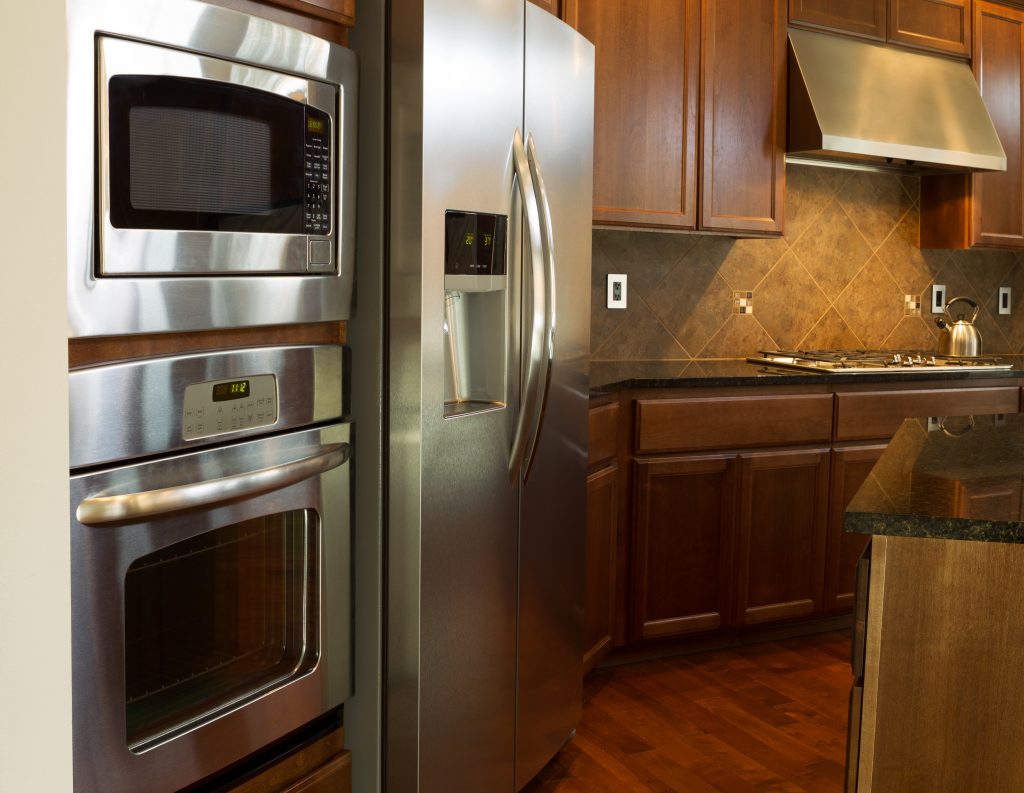At some point, even the sturdiest of appliances develops a fault that makes it no longer capable of serving you efficiently. It’s easy to get stuck between repairing the appliance and replacing it entirely. When you find yourself in this dilemma, use the following tips to help you make the right choice.
Establish whether the appliance is really broken
Before you go into a panic, it’s important to make sure whether something is really wrong with your appliance. You may find that you haven’t plugged in the appliance in the first place, or that what appears to be a mammoth problem is simply a tripped circuit breaker, a clogged filter, and so on. So before you call in an appliance repair expert from Utah like All Pro Appliance Service, Inc., be sure that the appliance is indeed faulty.
Check whether it’s under warranty
When you first bought your appliance, you insisted on finding out whether it had a warranty. In fact, this was perhaps one of the top selling points the salesperson used to get you to buy the appliance. Now that there’s a problem, it’s time to get the supplier to sort things. Of course, you’ll need to have stuck to the maintenance schedule as agreed. If the warranty has already expired, you’ll need to call in a specialist to take care of things.
Determine whether it has exhausted its lifespan
Every electric appliance has an average period beyond which it’s past its due time. For instance, your dishwasher should serve you efficiently for nine years, while your freezer will be with you little more than 11 years. Expect your microwave to give you nine years of service. When your appliances hit these ages, then you are better off replacing them than repairing them.
At the end of the day, you’ll have to decide whether to repair or replace a broken appliance. By looking at a variety of factors, you can make a decision on what’s the better way to go.

